House, Senate bills aim to improve nuclear decommissioning and waste disposal
Two bills were introduced in the last several weeks aiming to address nuclear power at the end of life—decommissioning plants and recycling used fuel.
-3 2x1.jpg)
A message from Curtiss-Wright
High-Temperature neutron flux detectors for Generation IV reactors and SMRs
Two bills were introduced in the last several weeks aiming to address nuclear power at the end of life—decommissioning plants and recycling used fuel.
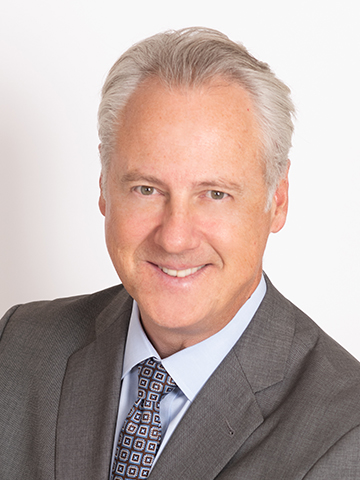
Craig Piercy
cpiercy@ans.org
While most big journeys begin with a clear objective, they rarely start with an exact knowledge of the route. When commissioning the Lewis and Clark expedition in 1803, President Thomas Jefferson didn’t provide specific “turn right at the big mountain” directions to the Corps of Discovery. He gave goal-oriented instructions: explore the Missouri River, find its source, search for a transcontinental water route to the Pacific, and build scientific and cultural knowledge along the way.
Jefferson left it up to Lewis and Clark to turn his broad, geopolitically motivated guidance into gritty reality.
Similarly, U.S. nuclear policy has begun a journey toward closing the U.S. nuclear fuel cycle. There is a clear signal of support for recycling from the Trump administration, along with growing bipartisan excitement in Congress. Yet the precise path remains unclear.
Letter to DOE includes recommendations on new and existing regulations for storage, recycling, and disposal of used nuclear fuel.
WASHINGTON, D.C. — The American Nuclear Society (ANS) sent a letter to U.S. Secretary of Energy Chris Wright and the U.S. Department of Energy (DOE) in response to Executive Order 14302, “Reinvigorating the Nuclear Industrial Base.” The letter outlines expert-backed recommendations for establishing an effective national program within the United States to manage the storage, reprocessing, and final disposal of commercial used nuclear fuel once it has been in a reactor from a nuclear power plant. This stage is commonly referred to as the “back end” of the nuclear fuel cycle.
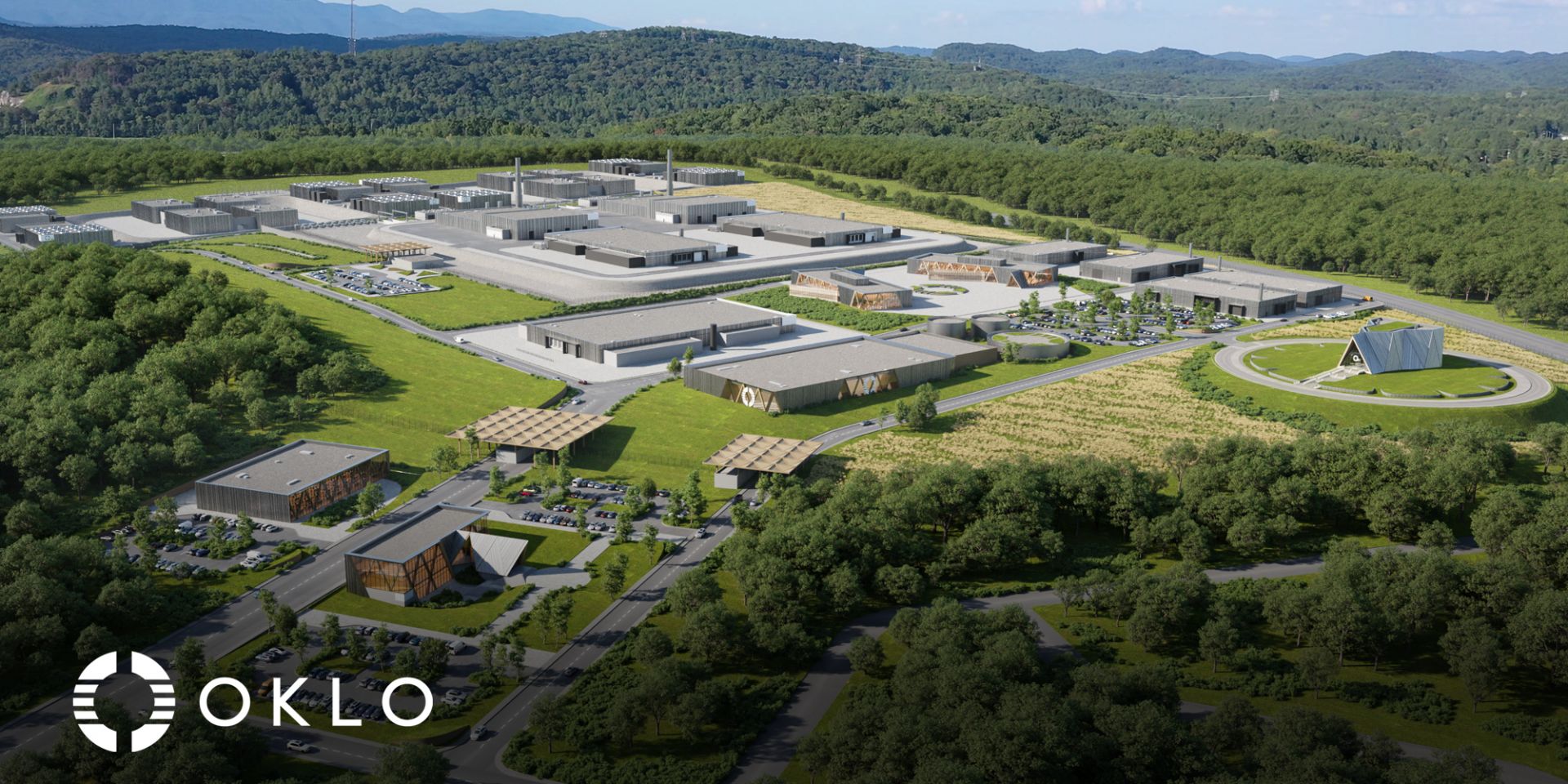
Late last week saw two announcements from companies working to recycle used nuclear fuel on a commercial scale, providing welcome news to anyone hoping to see the United States move to unlock the hidden potential of the more than 94,000 metric tons of spent fuel stored at power plant sites around the country.
Shine Technologies has been developing fusion-adjacent technologies in Janesville, Wis., including nuclear fuel recycling, since its founding in 2005. Standard Nuclear of Oak Ridge, Tenn., was formed just last year but holds a TRISO fuel production technology backed by years of research and development since it acquired Ultra Safe Nuclear’s fuel manufacturing assets after that company’s bankruptcy in October 2024. Now, Shine and Standard Nuclear have announced plans to work together on a “strategic partnership to advance nuclear fuel recycling and U.S. fuel security.”
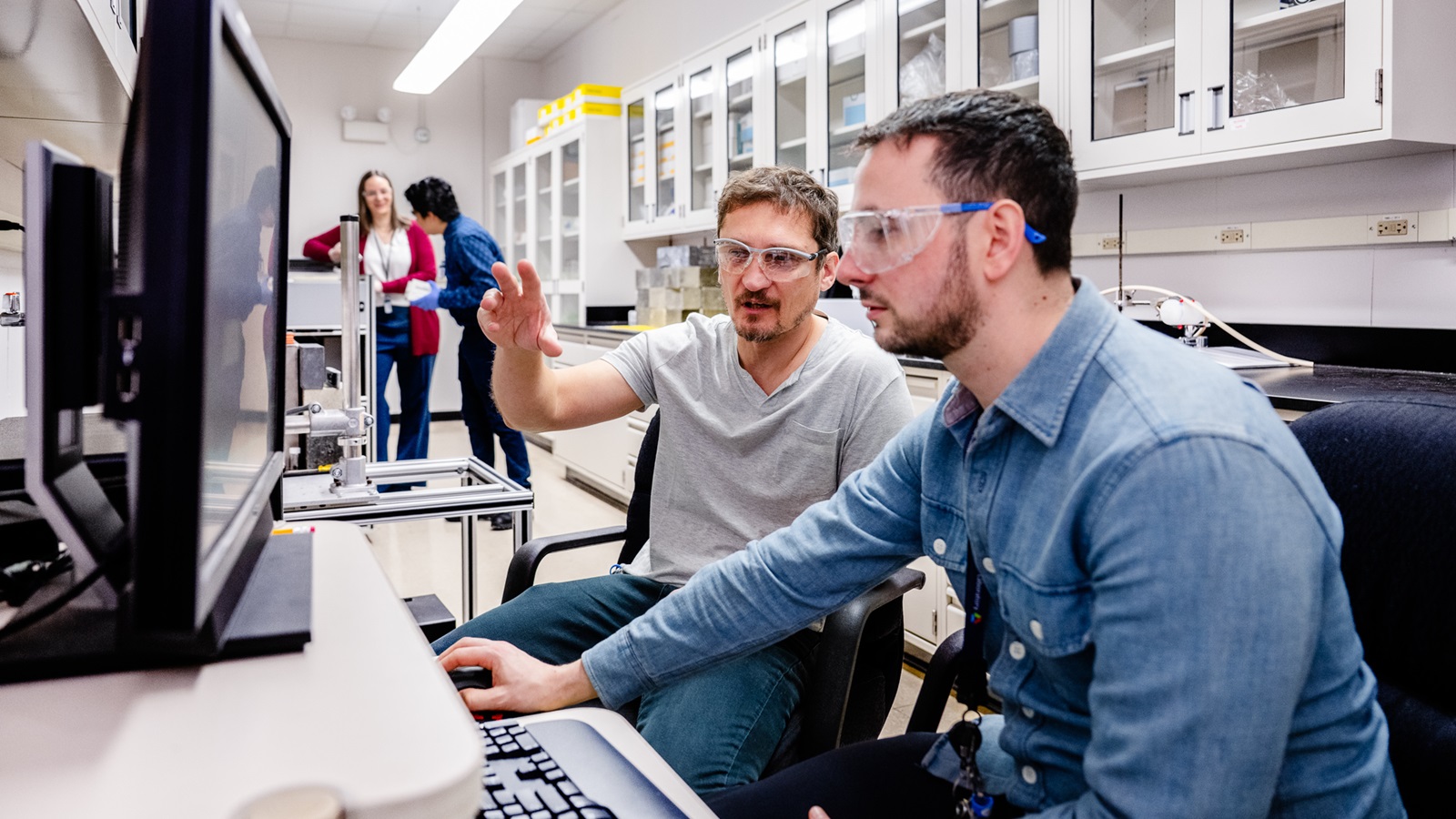
The Department of Energy’s Argonne National Laboratory will collaborate with Wisconsin-based fusion technology company Shine to design new chemical processes for separating valuable materials from used nuclear fuel.
The Utilities Service Alliance and Curio have signed a memorandum of understanding that may lead to future supplier-partner agreements between USA’s utility members and Curio.

Servis
Scientists at Argonne National Laboratory are investigating a used nuclear fuel recycling technology that could lead to a scaled-down and more efficient approach to metal recovery, according to a recent news article from the lab. The research, led by Argonne radiochemist Anna Servis with funding from the Department of Energy’s Advanced Research Projects Agency–Energy (ARPA-E), could have an impact beyond the nuclear fuel cycle and improve other high-value metal processing, such as rare earth recovery, according to Argonne.
The research: Servis’s work is being carried out under ARPA-E’s CURIE (Converting UNF Radioisotopes Into Energy) program. The specific project—Radioisotope Capture Intensification Using Rotating Packed Bed Contactors—started in 2023 and is scheduled to end in January 2026.

Lisa Marshall
president@ans.org
As I watched the coverage of former U.S. president Jimmy Carter’s earthly farewell, I reflected on being too young to remember his presidency yet being impacted many years later. A man of service, Carter had a connection to the nuclear field, and his experiences shaped his decisions and our enterprise.
Carter was admitted into the U.S. Naval Academy in 1943 and successfully graduated in the top 10 percent of his class. He was chosen by Admiral Rickover, after the legendary two-hour rite of passage interview, to be a naval submariner.
In December 1952, an experimental nuclear reactor in Chalk River, Ontario, experienced mechanical problems compounded by operator error that damaged the reactor core. Carter was part of the team that helped in the cleanup and repair operation.

Peters
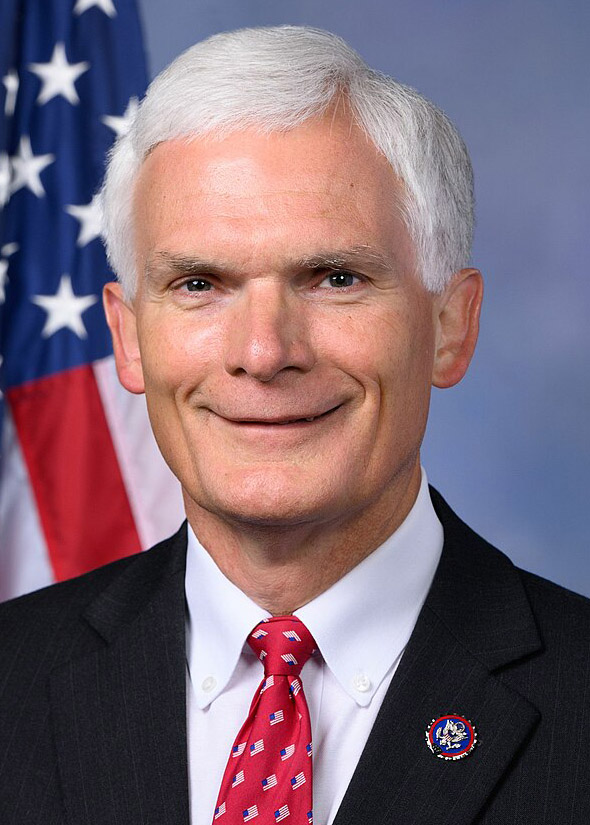
Latta
To streamline the licensing requirements for nuclear fuel recycling facilities and help increase investment in nuclear energy in the United States, U.S. Reps. Bob Latta (R., Ohio) and Scott Peters (D., Calif.) have introduced the bipartisan Nuclear REFUEL Act in the House of Representatives.
The bill, introduced on December 6, would amend the definition of “production facility” in the Atomic Energy Act, clarifying that a reprocessing facility producing uranium-transuranic mixed fuel would be licensed only under 10 CFR Part 70. According to the lawmakers, this single-step licensing process would significantly streamline the licensing requirements for fuel recycling facilities.

DeepGeo, a Rhode Island–based company seeking to develop multinational spent nuclear fuel repositories, and Denmark-based thorium reactor developer Copenhagen Atomics have signed a collaboration agreement that will see the companies work together on the management of nuclear fuels and waste streams associated with a thorium breeder reactor.
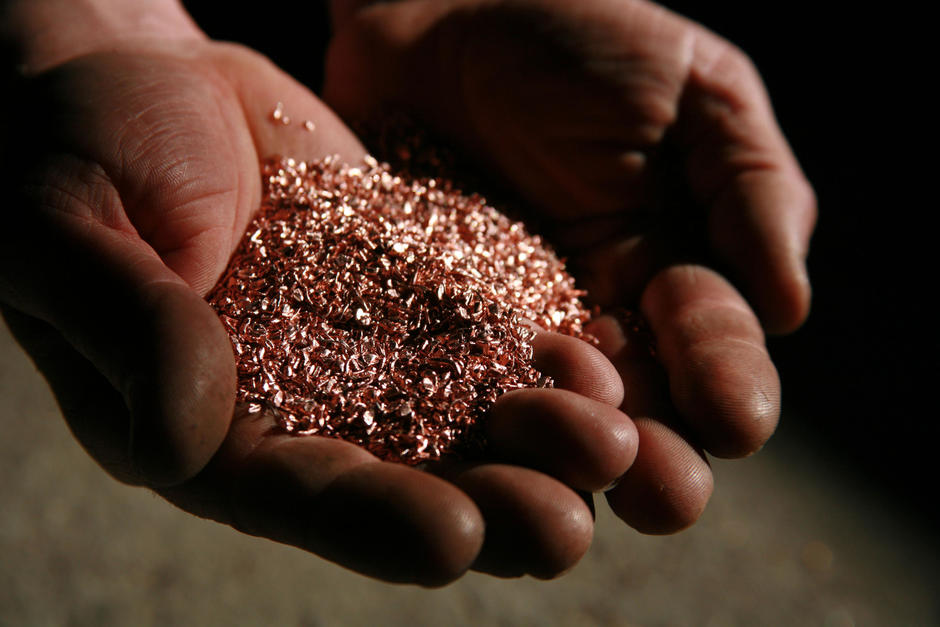
Veolia UK announced that it has developed a new method for salvaging copper from electrical cables from decommissioned nuclear facilities. The process, which handles and disposes of the contaminated plastic coating that protects the core from radiation, reduces the time and cost of treating the waste while preserving the copper for recycling, the waste management company said.
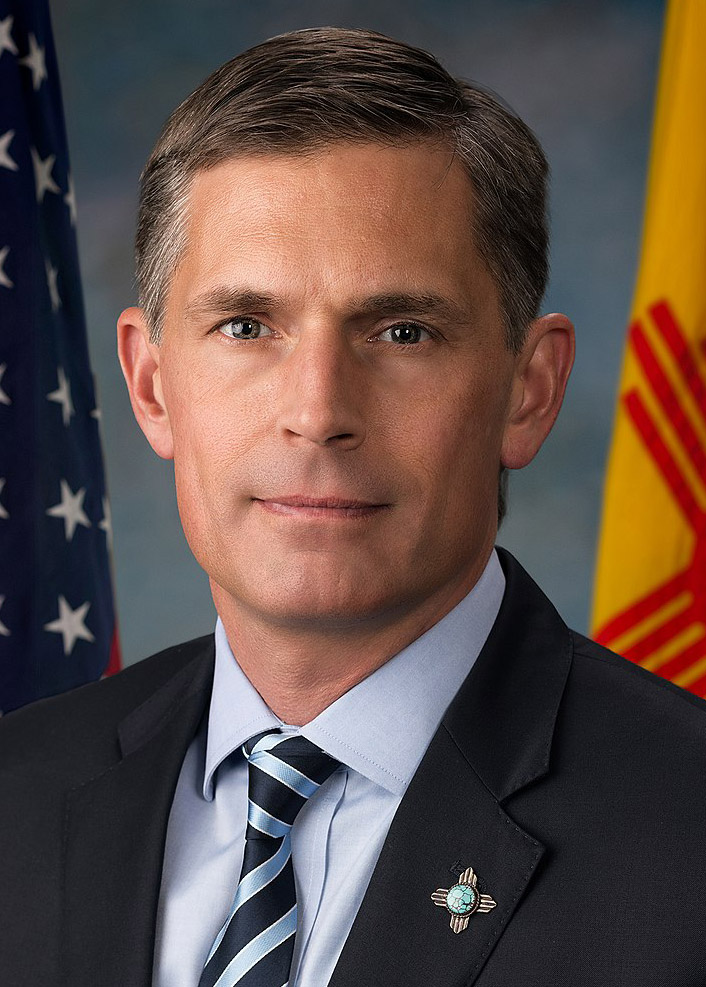
Heinrich

Cruz
U.S. Sens. Ted Cruz (R., Texas) and Martin Heinrich (D., N.M.) introduced a bill that would require the Department of Energy and the National Academies of Sciences, Engineering, and Medicine to create an independent committee of experts to study new technologies and opportunities for recycling the country’s inventory of spent nuclear fuel.
Introduced on September 24, the Advancing Research in Nuclear Fuel Recycling Act calls for a DOE-commissioned study evaluating the costs, benefits, and risks—including proliferation—of recycling U.S. spent nuclear fuel into usable fuels for commercial and advanced reactors, as well as for other nonreactor applications, including medical, space, industrial, and advanced battery applications.
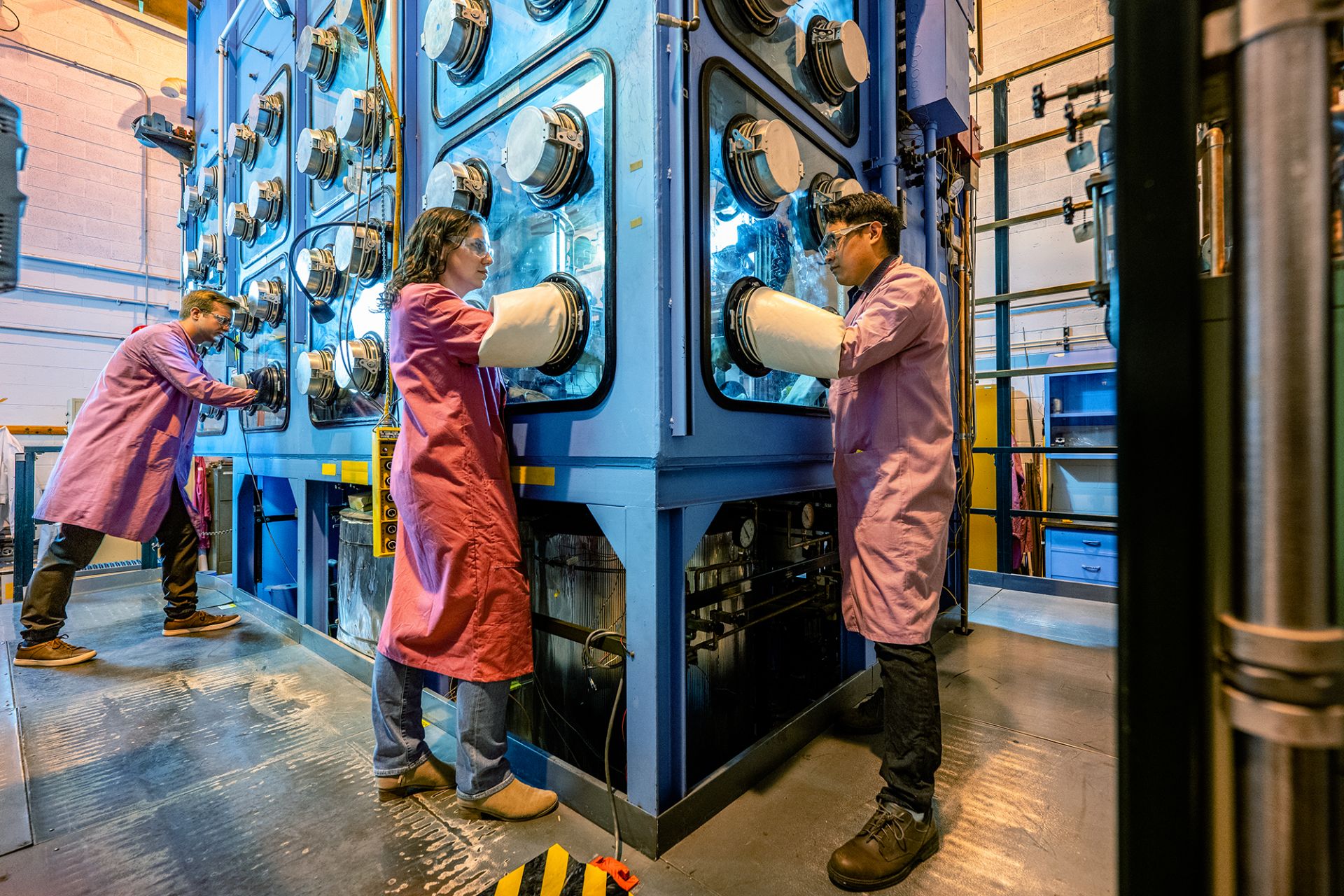
Oklo Inc. announced that it has completed the first end-to-end demonstration of its advanced fuel recycling process as part of an ongoing $5 million project in collaboration with Argonne and Idaho National Laboratories. Oklo’s goal: scaling up its fuel recycling capabilities to deploy a commercial-scale recycling facility that would increase advanced reactor fuel supplies and enhance fuel cost effectiveness for its planned sodium fast reactors.
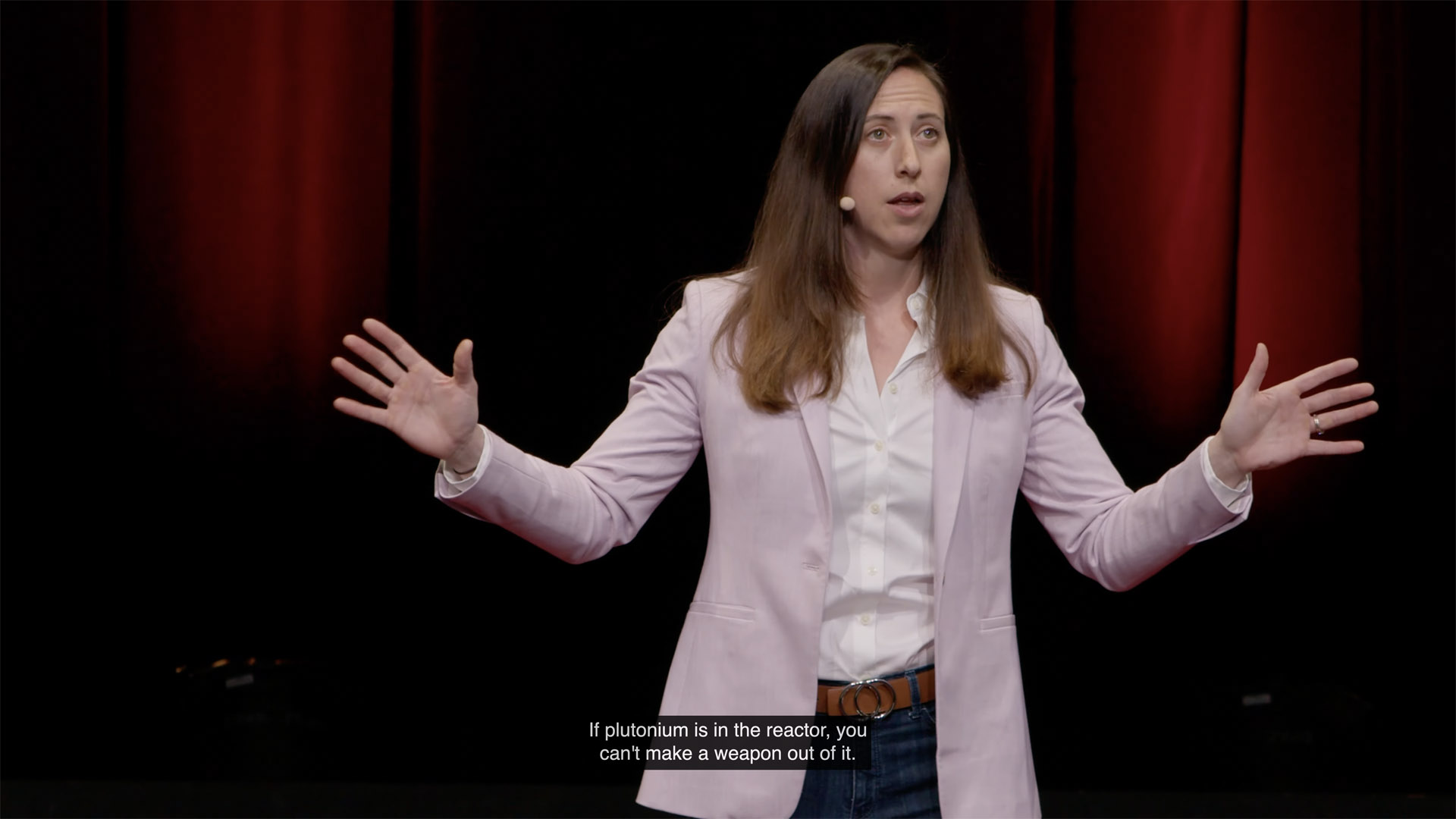
Jenifer Shafer, the associate director for technology at the Advanced Research Projects Agency–Energy (ARPA-E), recently delivered a TEDx talk in which she explained the basic concepts of nuclear waste recycling, including related nonproliferation issues. As Shafer wrote in a post on LinkedIn, “In my talk, I explored the misconceptions surrounding nuclear waste and discuss[ed] the possible emerging opportunities regarding nuclear fuel recycling. It’s crucial that we understand the real potential of nuclear energy, and leveraging our ‘nuclear treasure,’ in shaping a sustainable future.”

With increasing demand for clean, reliable, and safe sources of energy, the conversation around nuclear energy is changing. And so too is the conversation around nuclear waste, even as the country struggles to find a path for the disposal of its spent nuclear fuel and high-level radioactive waste. From community engagement, to recycling, to existing success around other forms of nuclear waste management, the conversation around nuclear waste has many different angles, and an executive session of the American Nuclear Society’s 2024 Annual Conference in Las Vegas aimed to delve into some of those discussions.
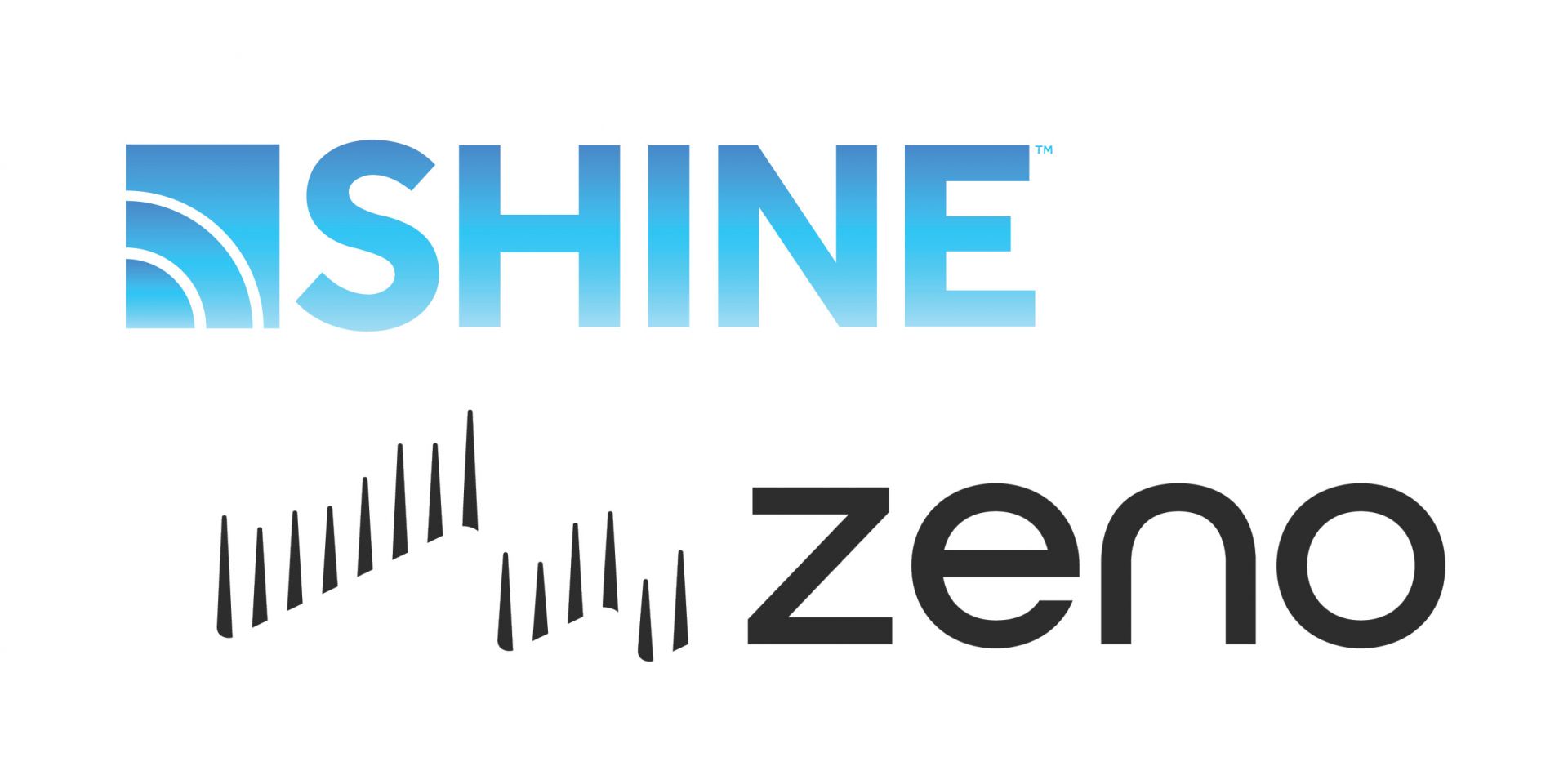
Wisconsin-based fusion technology company SHINE Technologies announced today the signing of a memorandum of understanding with Zeno Power to develop a nuclear materials supply chain for its commercially available radioisotope power systems (RPSs). Under the MOU, SHINE plans to provide Zeno with strontium-90 to power its RPSs, which are capable of providing continuous power in harsh environments.
A group of 29 nonproliferation supporters sent a letter to President Biden asking that he withhold federal support for a proposed pilot plant for recycling spent nuclear fuel to be built by the Wisconsin-based fusion tech company SHINE Technologies. The experts further asked that Biden “discourage” the Nuclear Regulatory Commission from licensing the plant, claiming it would extract enough weapons-grade plutonium to build 100 atomic bombs a year.
Utah-based waste management company EnergySolutions is expanding its operations in the United States and Asia, announcing last week that it had acquired Cabrera Services, a U.S. provider of environmental and radiological remediation services. It also signed a memorandum of understanding with Germany’s GNS Gesellschaft für Nuklear-Service to provide services to the Asian nuclear market.

Orano and SHINE Technologies have agreed to cooperate in the development of a pilot plant capable of recycling used nuclear fuel from light water reactors on a commercial scale. In announcing the signing of a memorandum of understanding on Thursday, the companies said the selection of a site for the pilot U.S. facility is expected by the end of this year.